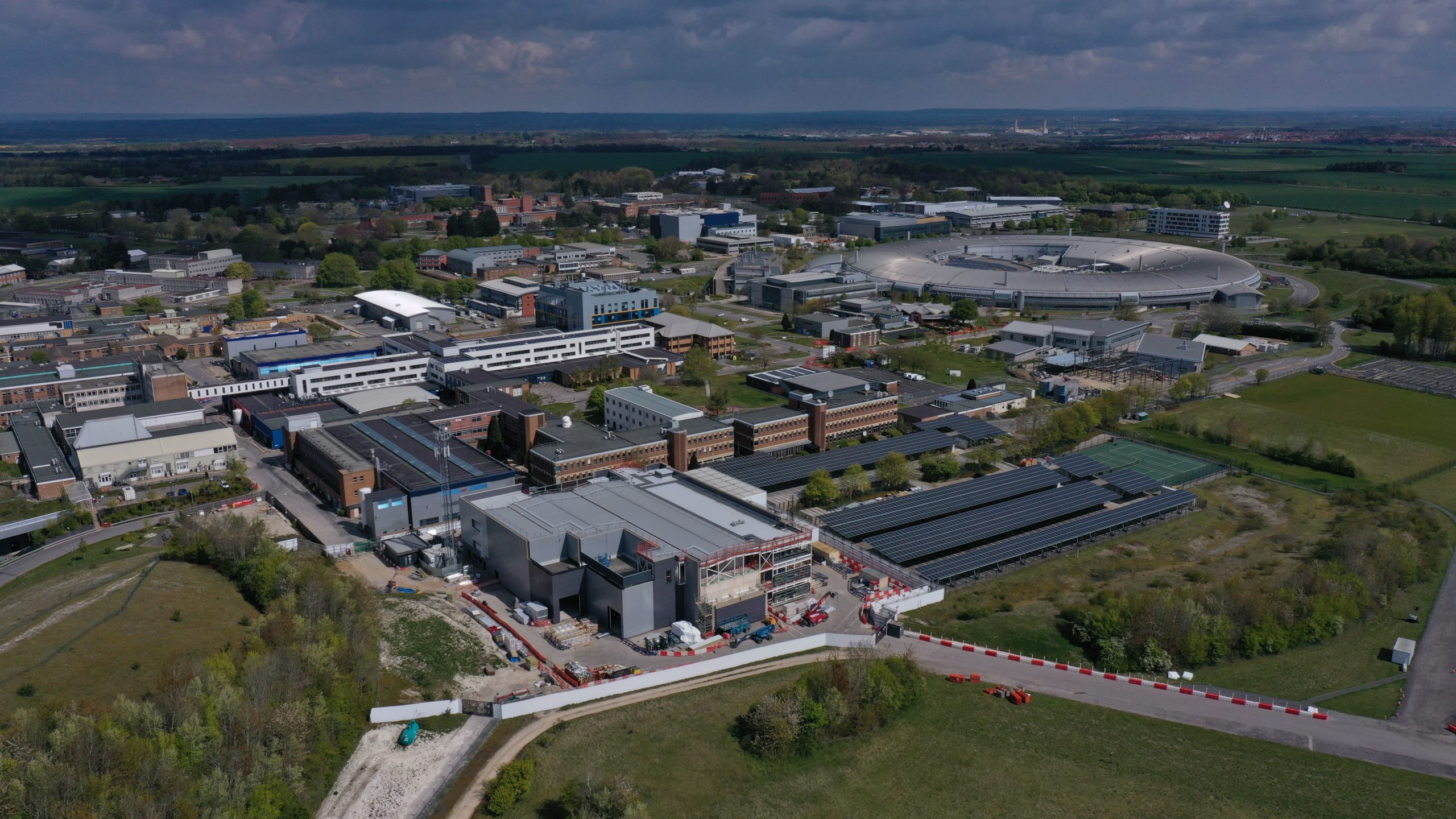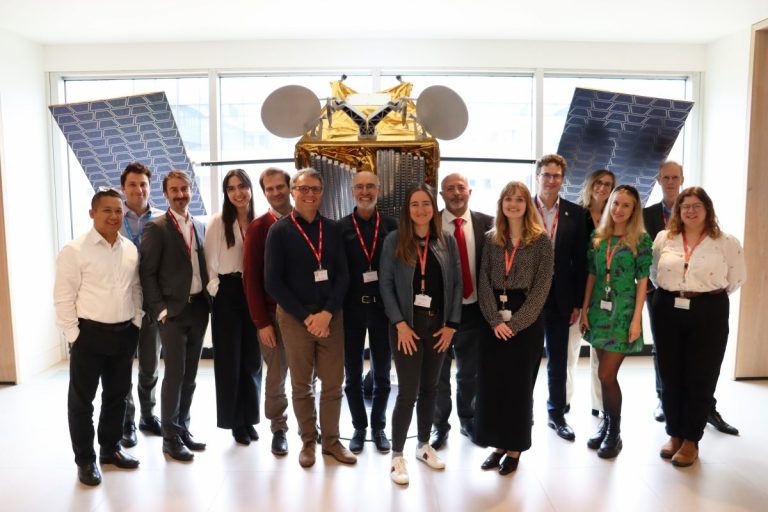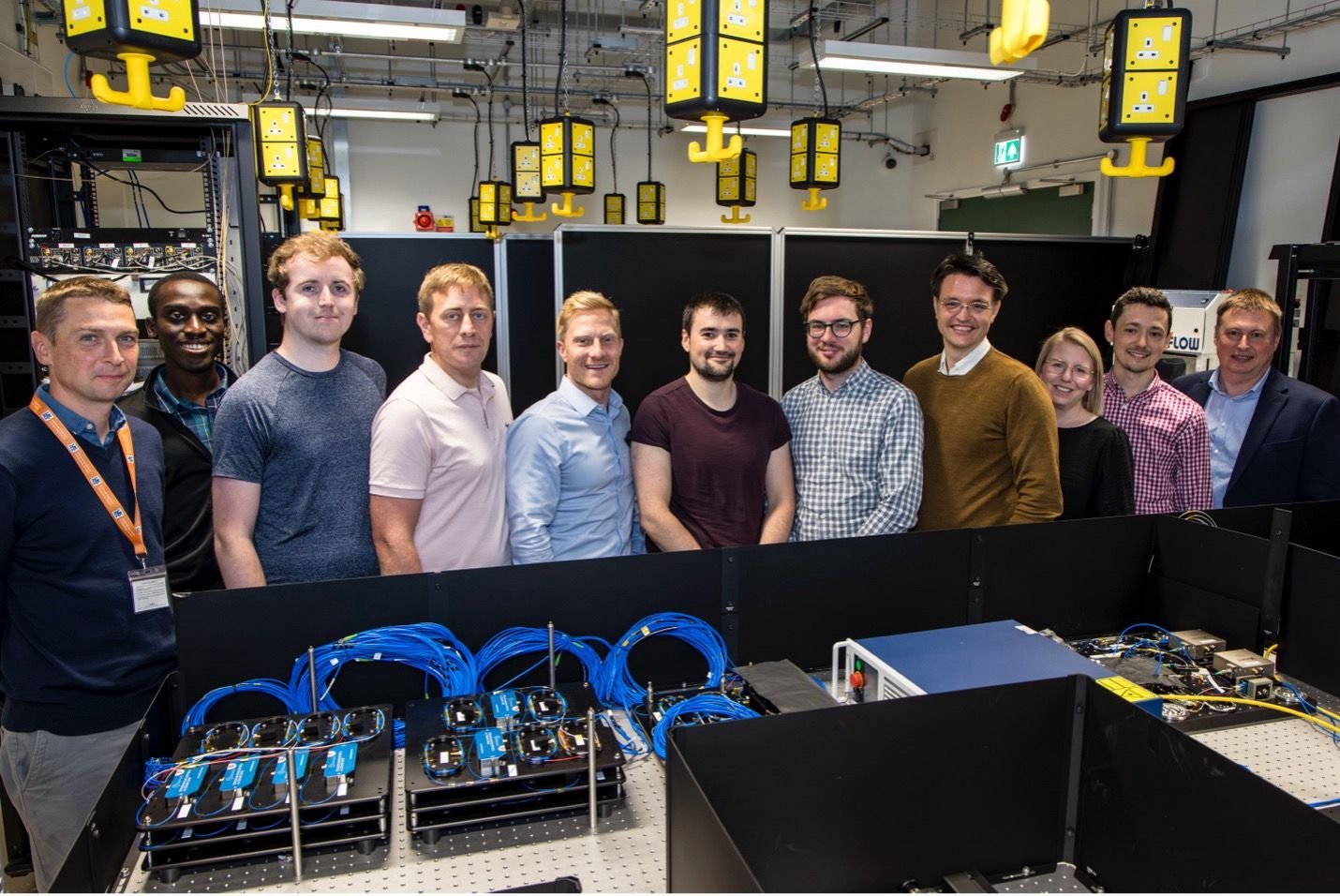
UK energy tech startups find it 200% harder to succeed than tech startups, new report by Harwell and Tech Nation finds
Harwell calls for stronger energy tech clusters and larger funding rounds to meet the global climate challenge
Experts at Harwell, the UK’s leading science and innovation campus, are calling for an increase in ‘later stage’ investment and smarter support for scaling energy tech organisations to prevent ‘pilot-itis’ and to tackle the global climate challenge, after a new report from Harwell and Tech Nation showed it was 200 percent harder for energy tech startups to transition to late growth than tech startups in other sectors. As a result, nearly half (47.6 percent) of UK energy tech companies are still at seed stage.
The report, released today, highlighted the unprecedented growth in global investment in the energy tech sector in 2021 (at $22.2bn, a rise of 124 percent from the $9.9bn raised in 2020), and conversely how challenging it is for innovative energy tech companies to thrive and mature to later stages of growth, due to the technical, political, legal and financial complexities of commercialising breakthroughs for use at scale.
UK energy scaleups received 36 percent more investment in 2021
In 2021, the UK received over £1.5bn of investment in seed stage energy tech firms (a 36 percent increase from 2020); more than Germany, France and the Netherlands combined, and second only to Sweden in Europe.
The UK government has also supported the UK’s emerging energy tech startups and scaleups by putting in place a ten-point plan for a green industrial revolution, which promises to increase investment levels in energy tech companies tenfold by 2025.
Gerard Grech, Founding CEO, Tech Nation, said: “We support the government’s plans to increase investment in the UK’s drive for net zero, which would equate to an additional $15bn invested by 2025.
“We believe up to half of this investment could come from VCs to accelerate the growth of promising energy tech scaleups and technologies, and the rest from other organisational investors.
“It’s crucial that, alongside this new investment, we continue to systematically improve the UK’s innovation environment to enable more clean energy companies to thrive. Failure to secure later stage investment is too common for scaling energy tech companies because of the inherent complexity of moving advances from the lab into the energy grid. More multi-sector and multi-disciplinary working and coordination is crucial to support this burgeoning sector and will be crucial to the UK achieving net zero by 2050.”
Helping the UK’s energy tech scaleups to reach later growth stages through Energy Tech Clusters
The report identified that clustering organisations together provides opportunities for cross-fertilisation to occur organically, which, when combined with the right infrastructure, will provide the confidence for investors to support sustainable long-term projects that solve societal problems.
In the energy tech sector, this will lead to scaled energy technologies, allow energy tech firms to reach later growth stages and will position the UK as a global hub for net zero technologies.
The 950 UK energy tech organisations that are clustered largely in Oxfordshire, but also across the UK in areas such as Glasgow, Manchester, Chester, Liverpool, Aberdeen, Newcastle, London, Cambridgeshire, South Wales, and the West Midlands, are fundamental in helping energy providers develop cutting edge net zero technologies across renewables, battery research, zero carbon energy storage, zero carbon fuels, integrated energy systems, connected and autonomous travel solutions, and digital and data services.
Harwell’s Energy Tech Cluster brings together national institutions, such as the Faraday Institution, academia and industry to accelerate the rate of global innovation. In three years, the cluster has grown from 19 organisations to over 80 today and together with its net zero living laboratory – is a good example of the benefits of clustering, where new insights from fields such as quantum computing and space tech are applied to energy tech. The Living Laboratory recently saw the launch of an autonomous shuttle trial, which demonstrates the potential of battery powered, zero emission, 5G self-driving vehicles to operate in a real-world setting.
Dr Barbara Ghinelli, Director of Clusters and Harwell Campus Business Development, UKRI-STFC, said: “It’s really important to invest in commercially scalable and collaborative approaches to ensure we’re making the biggest difference to the climate emergency.
“At Harwell we’ve seen rapid growth in our energy tech cluster, which brings together talented researchers, multidisciplinary facilities, and innovative businesses, to drive the transition to net zero and support growth and job creation in a sector that will shape the UK’s future economy and society.”
Three scaling SMEs, AMTE Power, Brill Power and Starke Energy, are also joining forces at Harwell’s commercial-scale testbed to demonstrate new, innovative energy storage products, bringing their solutions one stage closer to market – The first time that these technologies are being deployed in a commercially relevant project.
The testbed will demonstrate AMTE’s sodium-ion battery module, a more sustainable and safer alternative to lithium-ion, alongside Brill Power’s battery management system (BMS), which ensures optimal battery usage, lifetime, performance and safety and Starke Energy’s artificial intelligence system, which determines how best to distribute this energy, linking stored energy into the electricity grid and markets.
For example, the energy stored in a network of batteries placed in homes, or industrial buildings, can be used to smooth out the peaks and troughs of energy supply and demand that currently limit national grids.
Improvements in the competitiveness of intelligent energy storage technologies such as these will accelerate the uptake of small-scale renewable electricity generation and will reduce our reliance on fossil fuels, moving us one step closer to achieving net zero. It will also transform how efficiently cities and industries use electricity, power fleets of electric vehicles and help preserve the environment.
The collaboration has been made possible thanks to the STEPS grant programme, which supports small to medium-sized enterprises in bringing their energy storage solutions to market. The three SMEs have received support from UK partners, The Faraday Institution and Cambridge CleanTech, and has included tailored testing, introductions to potential end-users and market knowledge to strengthen the competitiveness of their products.
Professor Pam Thomas, CEO, Faraday Institution, said: “We are excited to be working with the North-West Europe STEPS programme to enable SMEs to demonstrate their latest energy storage technologies in a commercially-relevant setting. This is another example of the Faraday Institution at Harwell, acting as a convener for partnerships between UK industry, academia and funding organisations as a route to commercialise breakthrough science and engineering to maximise economic value.”
Harwell and Tech Nation’s Emerging Energy Tech Report 2022 can be found here.


